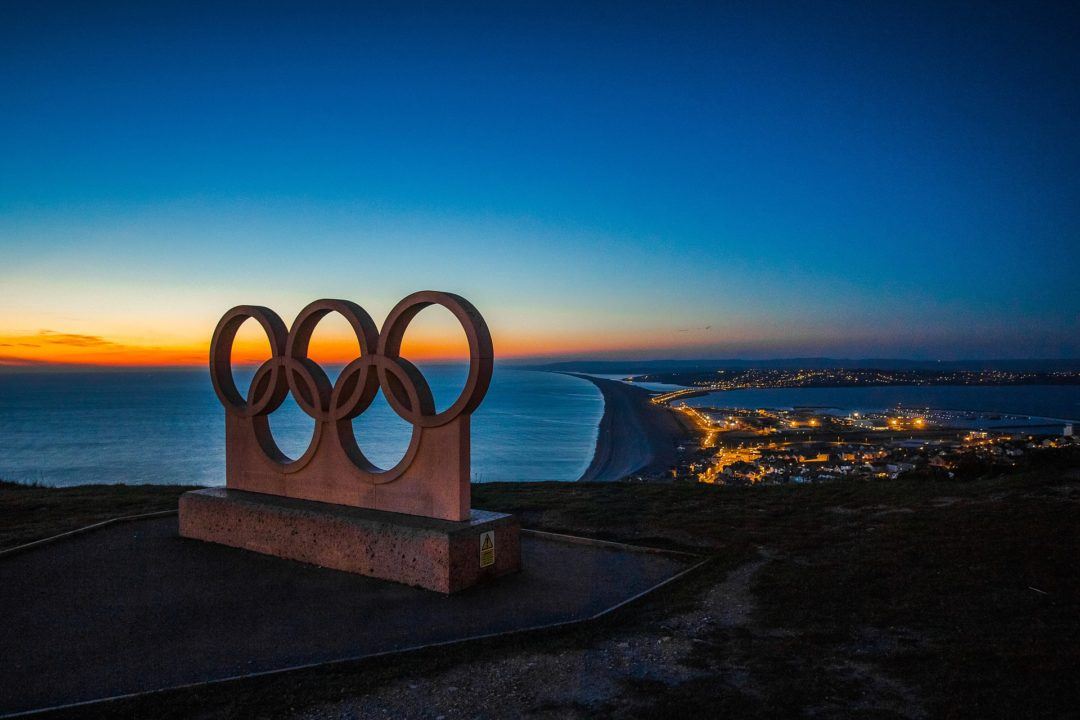The Tokyo metropolitan government is considering proposing that the 2020 Olympic marathons and race walking events start at 5 a.m. in an attempt to prevent them from being moved to Sapporo, officials familiar with the matter told Japanese news agency Kyodo.
The government is also exploring the possibility of setting the start times at 3 a.m., but is more inclined towards a 5 a.m. start, coinciding with the time at which the sun rises in early August in the Japanese capital, in an effort to prevent the International Olympic Committee’s plan to hold the aforementioned races in the city on Japan’s northern main island of Hokkaido.
The average monthly temperatures in Tokyo at 5 a.m. in late July and early August lie around 79ºF, whereas the high temperatures in Sapporo are around 78 degrees Fahrenheit during that same time of year, the period of the 2020 Olympic Games. In Tokyo, the average highs are almost 10 degrees warmer, around 88 degrees Fahrenheit.
Last week we reported that the Olympic marathon and race walking events were moved to the city of Sapporo in light of the blazing temperatures the Japanese capital faces during early August.
In response to that move last week, Tokyo Governor made use of some sarcasm as she critiqued the “decision” to host such events on ‘Russian-held’ islands. Sapporo, located on the island of Hokkaido, is Japan’s 5th-largest city. A territorial dispute over the islands has long prevented the signing of a post-World War II peace treaty between the two nations. In Japan, they are called the Northern Territories whereas in Russia they are known as the Southern Kurils.
When it comes to marathon swimming (open water 10-kilometer event), Japan’s national broadcaster NHK reported that the IOC is considering, too, starting the triathlon and open water swimming events earlier than planned due to the expected high heat in Tokyo. Earlier in August, we reported that swimmers who competed at the marathon swimming test event for the upcoming Tokyo 2020 Olympics expressed concerns related to the water quality and temperature. Per the Organizing Committee, the open-water test race was performed with the purpose of operational testing, therefore no competitive results were published.
The event started at 7 a.m. with the air temperature already over 30 degrees Celsius (86 Fahrenheit) in the Japanese capital city. Between July 29th and August 4th of this year, 57 people lost their lives resulting from heat-related illnesses in the Japanese capital. Swimming was not the only sport impacted by these extreme temperatures. Several rowers competing at the World Rowing Junior Championships in Tokyo had to be treated after experiencing symptoms of heatstroke. Further, the swimming portion of the Paralympic triathlon test event had to be canceled due to poor water quality.
Last year a heatwave in the city killed over a dozen people. So far this year 11 people have died and another 5,000 have been taken to hospitals.
In late July, the Organizing Committee tested ways to keep people cool at an international volleyball event in light of next year’s Games.
The Tokyo Fire Department is preparing additional ambulances and multilingual support for athletes and spectators as a safety measure against a possible surge in heatstroke and heat exhaustion cases at next summer’s Olympic and Paralympic Games.
UPDATE:
In response to the Tokyo metropolitan government’s proposal, John Coates, chairman of the IOC Coordination Commission, said there is no possibility of withdrawing the governing body’s proposal during a press conference after holding talks with Tokyo Gov. Yuriko Koike, who indicated that the Japanese capital’s desire to hold the races has not changed.

Do the right thing, the athlete’s health/well being should be the top priority. Athletes train their entire lives to perform at the Olympics, it would be a shame if their health was compromised because of stubbornness.